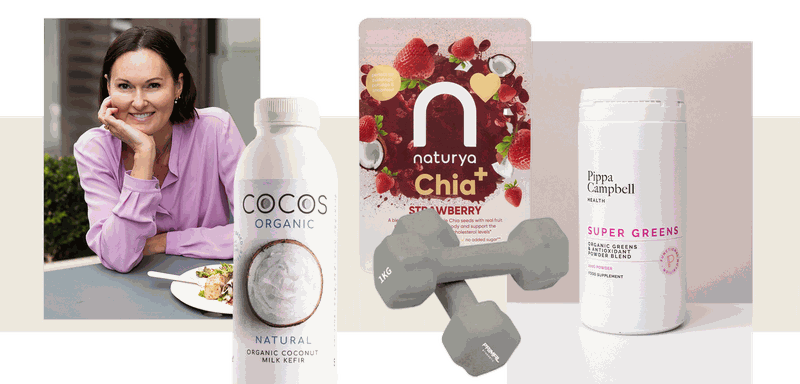

My Health Rules: Pippa Campbell
I’ve always loved food. My parents used to tell me that as a child I was adamant about eating the same food as them – a particular anecdote was eating mussels at the age of two on holiday in the South of France. Growing up, we never ate processed food, and everything was homemade. We rarely had sugar and I hated sweets, which I know is bizarre for a child. However, I suffered with very painful stomach aches from the age of eight, which then progressed to bloating and constipation. I then began to suffer with irregular periods and chronic PMS, but my GP just put me on the Pill. However, I was old enough to realise this was just putting sticky tape over the problem, so I started to investigate my symptoms. I bought Patrick Holford’s Optimum Nutrition Bible, embarked on my first nutrition course, and the journey to Pippa Campbell Health began.
I’m currently in perimenopause. I still have regular periods but this time last year I experienced anxiety, sore breasts, heart palpitations and waking in the night. Fortunately, I knew what was happening, so I started taking some supplements and tweaked my diet. I continue to make small changes and regularly test my hormones using the DUTCH Hormone Test, which looks at hormones via the urine over the course of a month.
I start my day with a protein smoothie. Not only is a smoothie convenient, but it’s a fantastic vehicle to get in some greens, a little fruit, ground seeds, protein powder, green superfood powder and kefir. I can’t live without my Vitamix – it’s a fantastic addition to any healthy kitchen. Then, at the weekends, I’ll make gluten-free pancakes with organic bacon or a chia pudding. We can all benefit from eating more vegetables, so include them where you can. Polyphenols are the most abundant antioxidant in the human body and come from plant foods. Polyphenols-rich foods include brightly coloured vegetables, citrus fruits, whole grains, cereals, coffee, tea, soybeans, cocoa and red wine.
Your hormones are intricately connected. Often, we don’t show symptoms of a hormonal imbalance until inflammation, disease or damage has reached a certain level. Insulin is the primary hormone involved in metabolism and is responsible for converting sugars and carbohydrates into energy. When we fail to use this stored energy, it very quickly converts to body fat and is the kind of fat that tends to sit around the middle. Thyroid hormones can also fall out of whack, and even a minor imbalance can lead to problems. The thyroid is well known for its effects on weight gain and, when combined with a natural decline in female sex hormones, such as during the menopause, it means women aged 35-55 will struggle with their weight, even when eating healthily and exercising regularly.
The gut is the first thing I look at with a client. This is partly due to the gut’s role in hormone detoxification, but also because of the role of the trillions of bacteria living in the gut. These bacteria help to digest and absorb nutrients from our diet which are needed to build hormones. They also help to manage inflammation, as 70-80% of our immune system is housed in our guts and they help to synthesise and regulate our hormones and neurotransmitters, which heavily influences our mood. Symptoms such as bloating, trapped wind, reflux, constipation, and loose stools are all clear signs that our gut is out of balance. However, gut issues can also present themselves elsewhere in the body and eczema and other skin issues, inflammation, hormonal imbalances, migraines, depression, anxiety, and autoimmune issues can also be indicators.
Small changes can make a difference to gut health. Whether it’s making an effort to eat more fruit and vegetables (our gut bugs love a diverse range of plant-based whole foods), eating more probiotic foods, or reducing your sugar intake, it all counts. Also avoid grazing throughout the day, as this will keep raising insulin levels, our hormone which regulates the absorption of sugar. Instead, eat three smaller meals and no snacks, and practise mindful eating, including chewing food properly, and eating in a calm environment with no distractions.
Progesterone plays as much of a role as oestrogen. Oestrogen gets a bad rap, but I often see women in perimenopause with plenty of oestrogen, but not enough progesterone. Progesterone supports the production of GABA, a neurotransmitter that makes us feel relaxed and prevents anxiety. Progesterone also helps prevent water retention and bloating and supports the sleep cycle. When it plummets, we experience all sorts of unpleasant symptoms. We may also become more insulin resistant during perimenopause as our bodies ability to tolerate carbohydrates decreases. Excess insulin can lead to leptin resistance, which is the hormone that controls our appetite and tells us to stop eating.
Stress can lead to weight gain. Cortisol, the body’s main stress hormone, interferes with insulin production and can generate glucose production, which in turn leads to fat production. Stress, therefore, has a detrimental effect on weight gain as it makes it harder for the body to break down fat.
Don’t count calories. In theory, you could eat three Mars bars and hit your calorie intake for the day, but it wouldn’t make you very healthy. Instead, I focus on metabolic balance, which offers a rich and varied range of foods aimed at providing the proteins, vitamins, minerals and fibres that are so often lacking in modern-day diets. If you concentrate on eating nutritious and fresh food, you are far more likely to lose weight naturally and should be able to stick to your healthy eating habits.
Eat protein, fats and vegetables at every meal. This is my number one food rule. A small portion of protein will help keep you fuller for longer and help to slow down the release of sugar from the vegetables, fruit and starchy carbohydrates. Protein also provides essential amino acids which help repair muscles and tissues in the body. Broccoli at breakfast might not make you jump out of bed, but there are other vegetables that work well. I always eat avocado with my scrambled eggs or include mushrooms or roasted cherry tomatoes. You could also make a green smoothie of spinach, cucumber, one portion of fruit and the liquid of your choice, making sure you add protein like chia seeds or a tablespoon of oats to fill you up. And when it comes to fats, eat more healthy fats – think avocado, coconut, nuts and seeds, oily fish and a little organic animal fat. Cook with coconut oil and use extra virgin olive oil to drizzle on food after cooking.
If in doubt, eat more protein. We lose muscle quickly as we age, especially once we reach 50. Our organs, tissues, muscles and hormones are all made from proteins, and they are used by every single part of our body in order for things to develop, grow and function properly. A simple routine to follow is eating two bites of protein at the beginning of your meals, before starting on your vegetables and starchy carbohydrates, which will help to balance blood sugars and avoid fat gain.
Do more weights and less cardio. Strength training is vital for women’s health and we should all be lifting weights, regardless of age. However, go easy on the cardio as, although it’s important for cardiovascular health, it can be too much for our body when we are also dealing with hormonal imbalances, especially a low thyroid or when we are stressed.
You can’t out-supplement your diet. Food should always come first, but the right supplements can lend a helping hand. I vary what I take and will dip in and out to suit what my body needs. I take all the supplements in the Pippa Campbell Health range, and particularly love Just Ashwagandha for its effects on mood, anxiety and stress, while Balance has also been great for managing perimenopausal symptoms.
Stress management is essential. I do hourly breathing practices and use Sensate if I feel particularly wired – it’s a clever pebble-shaped device that sits on your chest and emits gentle vibrations to soothe your vagus nerve, which studies show is linked to the stress response. In my down time, I unwind with a podcast – I love Dr Mark Hyman’s – and read health books. In an ideal world, we should all learn to slow down. Know you can’t do it all and learn to say no from time to time. Aim to get seven to nine hours of sleep every night, and never be tempted to follow the latest Instagram food fad.
For more information visit PippaCampbellHealth.com and follow @PippaCampbell_Health
Shop Pippa's Health Essentials Below...
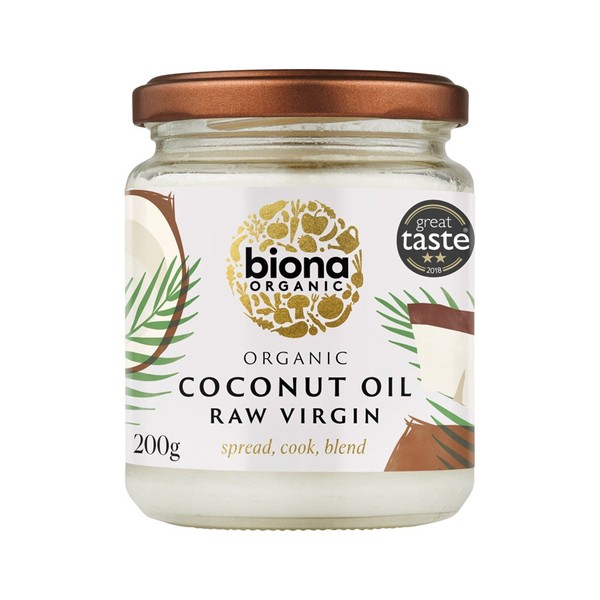
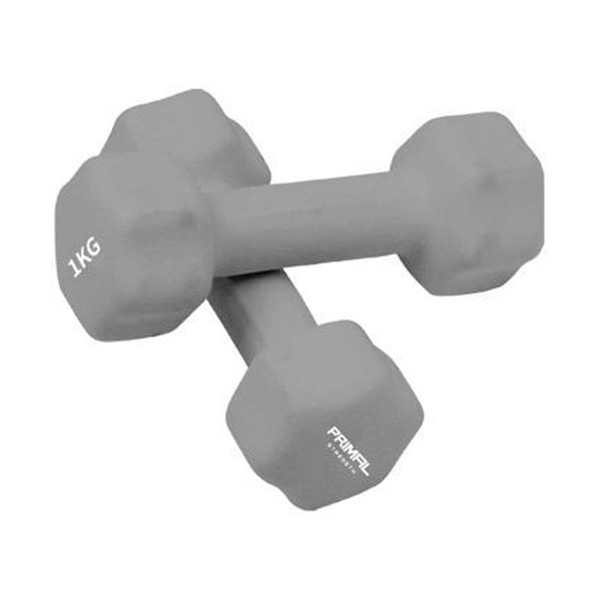
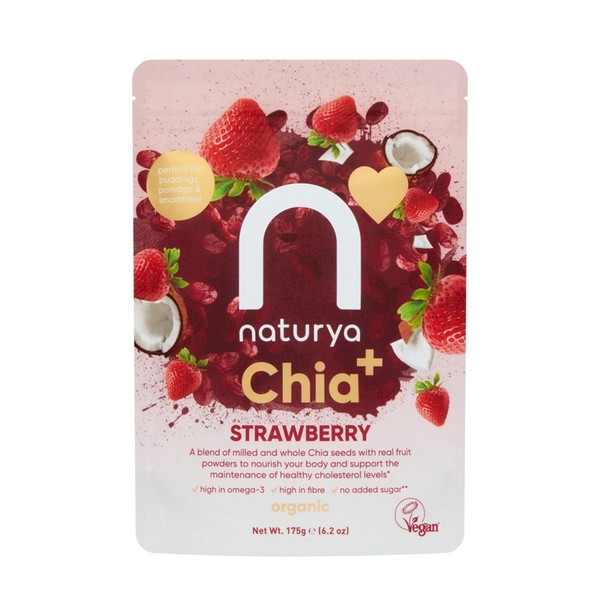
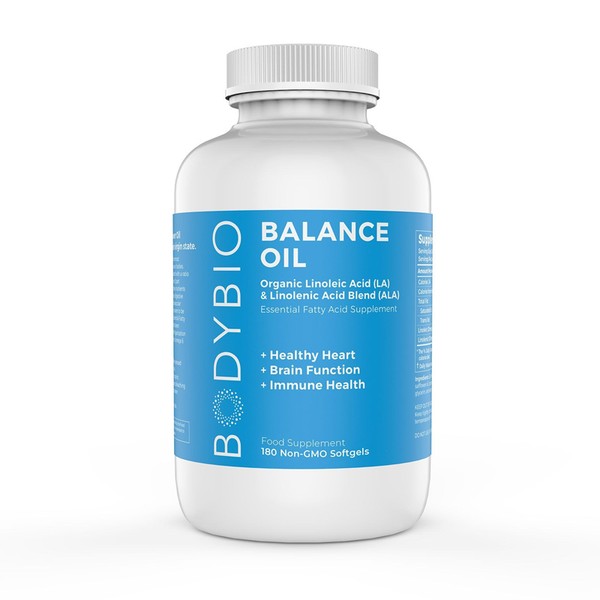
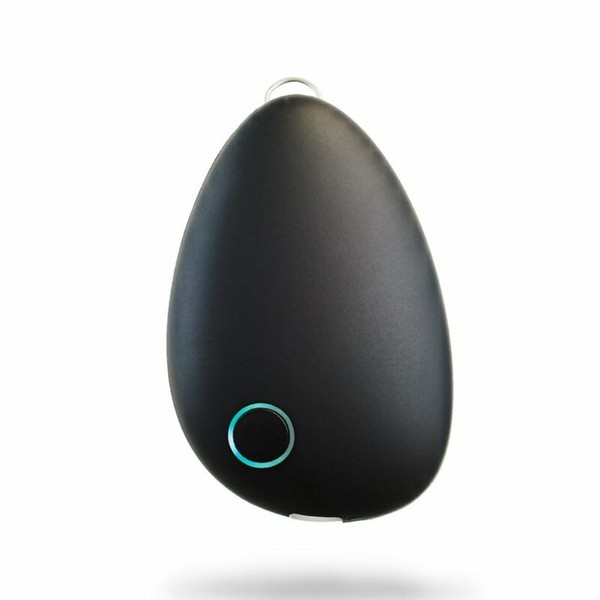
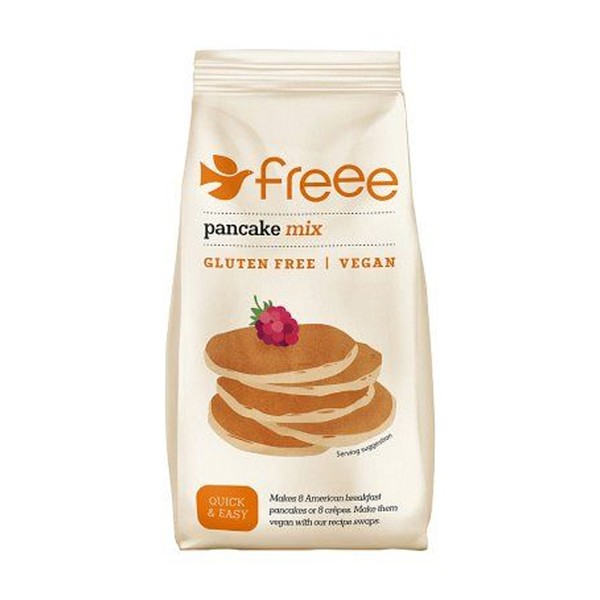
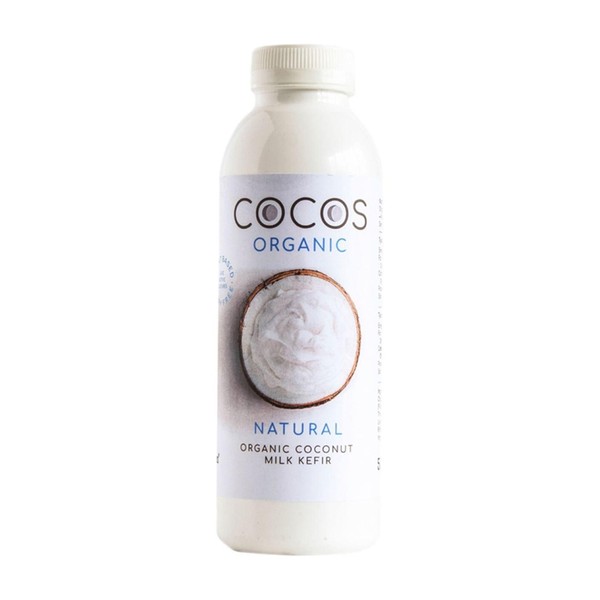
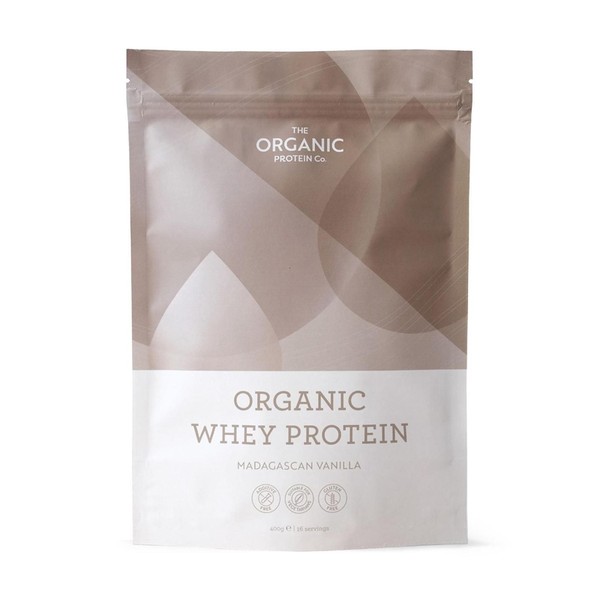
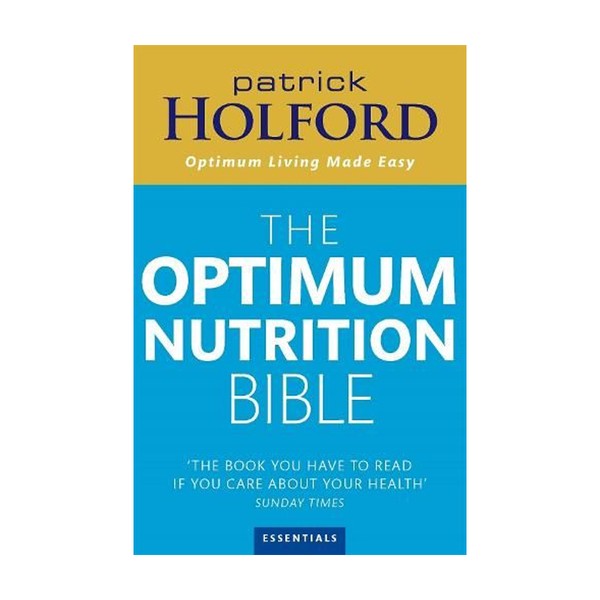
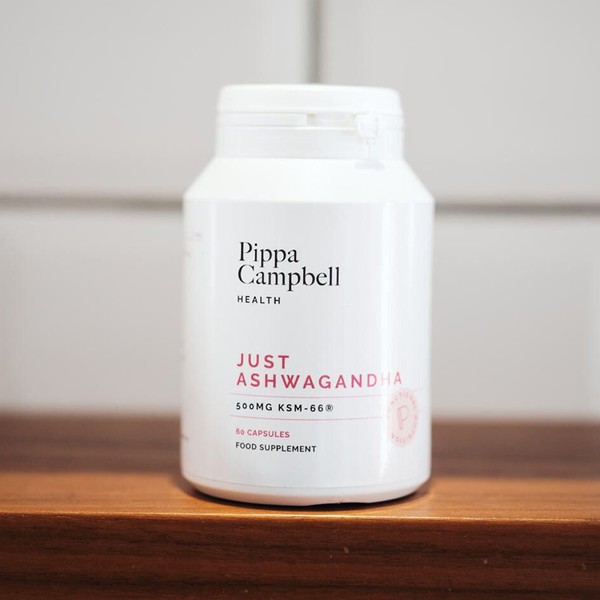
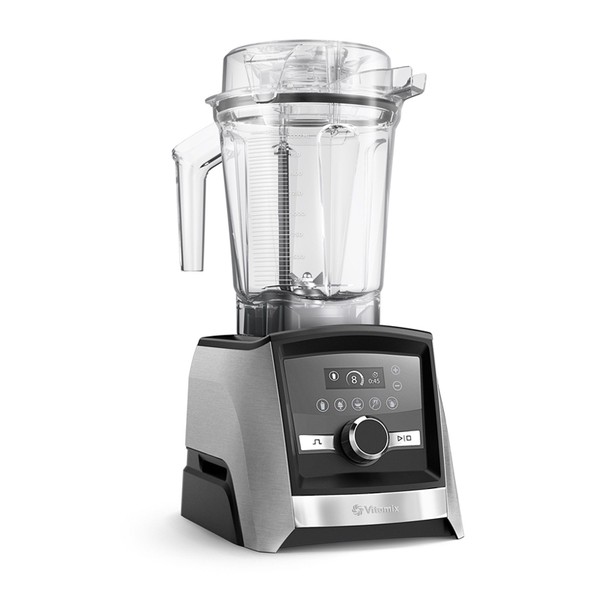
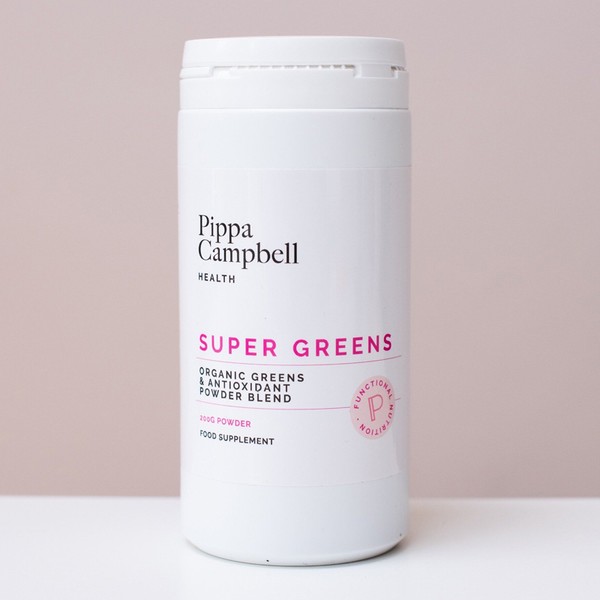
DISCLAIMER: Features published by SheerLuxe are not intended to treat, diagnose, cure or prevent any disease. Always seek the advice of your GP or another qualified healthcare provider for any questions you have regarding a medical condition, and before undertaking any diet, exercise or other health-related programme.
DISCLAIMER: We endeavour to always credit the correct original source of every image we use. If you think a credit may be incorrect, please contact us at info@sheerluxe.com.

